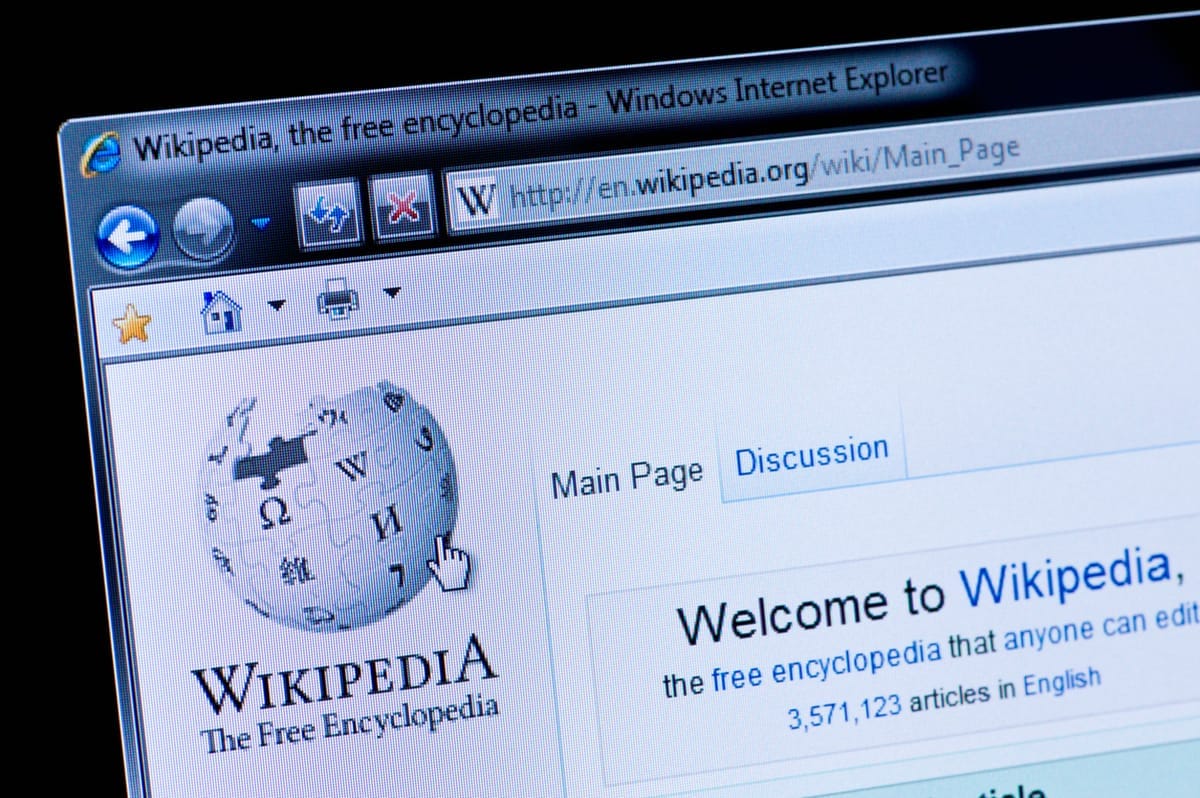
The modern phenomenon known as ‘Dr Google’ – diagnosing yourself via internet searches – is well-known and entrenched. But what about the ‘Wikipedia Pharmacist’?
Next year, pharmacy students at Monash’s Faculty of Pharmacy and Pharmaceutical Sciences will be the first in Australia to learn how to edit Wikipedia pages about medicines as part of their course. Wikipedia, an online encyclopaedia, is open-source, meaning anyone can add or subtract anything from its pages using tools provided within the site.
The idea came from Professor Tina Brock, the faculty’s Director of Pharmacy Education, who this week co-published a paper in the BMC Medical Education journal titled “Paving the desire paths of health information needs – Teaching students to edit Wikipedia”. The paper was based on research she co-led in 2016 while at the University of California, San Francisco.
“The Wikipedia Education Foundation have created great tools and dashboards that make it really easy for educators to teach with Wikipedia,” says Professor Brock. “My goal is for pharmacy programs all over the world to adopt pages and pledge to keep them up to date. This really helps get good information out there.
“But it’s been a hard sell. It’s a different educational model. It’s been considered way out- there. But what we do in the classroom can actually benefit people. This cause is very, very important to me. Just imagine if good information about medicines was freely available worldwide.”
"If we teach our students to make it better, then they not only learn how to do that, which is useful and a skill they need, but the end product is very, very useful for a lot of people all over the world."
The project in California used that university’s medical students as an example – in an elective, they edited Wikipedia pages on diseases and diagnostics as part of their course. Then pharmacy students – more than 100 – did the same, but for medicines, focusing on pages with high traffic but low accuracy.
The paper released this week says the study suggests it improved “both public-facing information and student communication skills ... the impact of the student edits ... was substantial” in improving the “accuracy and comprehensiveness of their medicines pages and increased page views, which amplified the results of the intervention”.
A step further

Most tertiary pharmacy courses (including Monash) have students develop or edit information about medicines via reports, monographs or user guides. This takes that idea one step further, once the students have completed studies on what’s called “evidence-based medicine practices”.
It’s in part a generational advance. Wikipedia and Google have become omnipresent and widely used. A new generation of students are more likely to see value in boosting Wikipedia’s usefulness while still respecting its open-source framework.
“Pharmacy students at Monash are trying to make the world a better place,” she says. “For them it’s not just figuring out how to get an ‘A’ in a unit or becoming an HD student. They want to learn to help other people. They want to bring good information to the people in the place the people have chosen to get information from.”
The California initiative is the first published account of students in a medical or pharmacy course editing Wikipedia for academic credit. The paper says it “resulted in the removal of poor-quality sources, the addition of better sources, the addition of new information, while allowing students to practise delivering medical information in a way that was accessible to the public”.
Desire path
Wikipedia, says Professor Brock, has become what transportation planners and academics call a ‘desire path’ – that is, a shortcut, and a well-trodden one. The idea, she says, is to make the shortcut better for users.
Professor Brock has a background in global health, so the idea of democratising the spread of good health information appealed to her. A non-profit humanitarian group called Translators without Borders already translates Wikipedia pages into multiple languages.
Her California project began around the same time as the Ebola crisis in West Africa. “People were going to Wikipedia for information,” she says, “not to, for example, the Centres for Disease Control and Prevention.”
“I feel like we have to do this,” she says. “Wikipedia is a place where students, the public and even health professionals increasingly get their information from. If we teach our students to make it better, then they not only learn how to do that, which is useful and a skill they need, but the end product is very, very useful for a lot of people all over the world.”
Tina Brock was Professor, Centre for Medicine Use and Safety, Director of Pharmacy Education, Faculty of Pharmacy and Pharmaceutical Sciences at Monash University at the time of writing this article.





